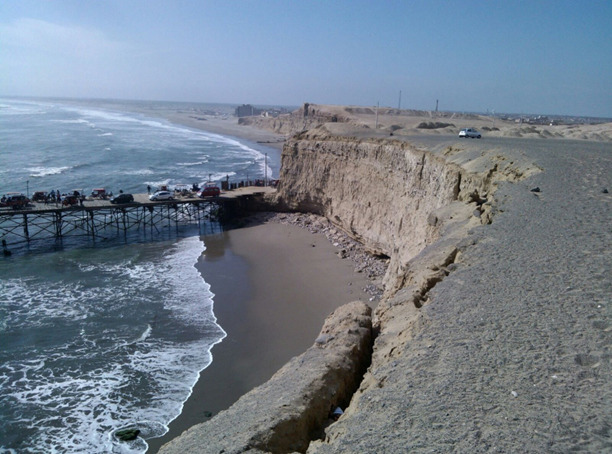One of the principal “gifts” of the good diplomat is an ability to manage interpersonal relations intelligently. “It is a skill that plays a decisive role in achieving the goals of their mission. The Diplomatic Protocol Directorate encompasses much more than its name and definition imply”. These were just some of the comments made by Ambassador Stefano Ronca in an interview for the Farnesina website “www.esteri.it’’.
And this is not just an abstract theory formulated through some intellectual exercise. It is a “practice”, the fruit of applying values such as the ability to establish and cultivate good interpersonal relations: the expression of a cultural baggage of humanistic traditions but also of innovation. A “practice” that is encompasses the ability to be good political analysts, managers of human and financial resources, far-sighted assessors of economic and commercial prospects for our business community but also, and above all, diplomats.
“And a good diplomat is first and foremost a person who is effective and at ease in their relations with others”. A “practice” which, as such, is learned through training and teaching. The creator of this intricate description of the role of the diplomat is Ambassador Stefano Ronca, who recently left his post at the head of the Diplomatic Protocol of the Republic department (“we really should change its name”, he observed, “although it wouldn’t be easy to find another one better suited to the complexity of the topics it encompasses”). Ambassador Ronca has gathered the “practices” and “rules” of this foreign policy service into a publication.
Interpersonal relations
As Ambassador Ronca explained, interpersonal relations are a vital element in a diplomat’s training, the cornerstone of their job. And the relationship with interlocutors must always be a constructive one. This means developing social and cultural “listening” skills. “Being a good listener is no less important than being a good speaker”, as Ronca underscored, citing Plutarch on the subject.
Listening skills
Being a good listener is a key element of diplomacy, not just because it is an important way to glean information and opinions, but also because it is a crucial part of empathising with the interlocutor.
Machiavellian and ambiguous diplomats who are willing to accept any compromise to achieve their goals – as certain literary clichés describe them – do our profession no credit and hardly ever, in the long term, further the interests of their country. Diplomats best serve their country when they are credible and convey a message of honesty and reliability, especially when the defence of national interests is at stake. And that is the way to build positive and lasting relationships – an intrinsic part of the diplomat’s mission.
The evolution of international relations
The life of international relations is marked by deep changes and new processes. The “universalisation” of the international community; the growing numbers of international organisations; the emergence of new international actors such as non-governmental organisations, religious movements and multinationals; the development of communications; the growing role of public opinion; and the increasing risks to peace and security arising from global terrorism – these are some of the variables influencing and shaping diplomacy today.
For this reason, the rules governing international diplomacy must incorporate these processes and evolve. That is why we need to modernise the Diplomatic Protocol department in harmony with the traditions of the past and the needs of the present, as Ambassador Ronca explained.
Cutting red tape
Simplifying our way of working and handling events has become a “given”. The number of international visits to Italy is much higher today than it was a few years ago, as Ronca pointed out. At the same time, these visits have become much shorter, while still retaining their importance and the symbolic aspects that lend them substance. The State Visit by President De Gaulle, of France, to Italy in 1961 for the centenary of the Unity of Italy lasted a full week. “Now”, explained Ronca, “a visit of that length wouldn’t be feasible” – not even a visit of the highest political importance.
The view from civil society
Public opinion has recently become more vocal on the question on diplomats’ immunities and privileges, observed Ambassador Ronca. And this will have certain consequences, the scope of which is difficult to judge at present. The recent arrest of a Consul in a major western capital for breaking the rules governing employment conditions is a prime example. In this case, the authorities in the country in question placed the rights of employees over respect for the position of Consul.
These are concrete examples, noted Ronca, which do not correspond with what until a few years ago was a unanimous interpretation of the diplomatic immunities envisaged by the Vienna Convention. Indeed, in addition to organising summits, visits and international meetings, the Diplomatic Protocol Department must also pay close attention to the new issues arising from the intersection between the life of diplomatic missions and that of civil society.



